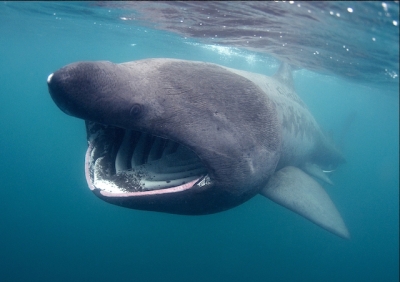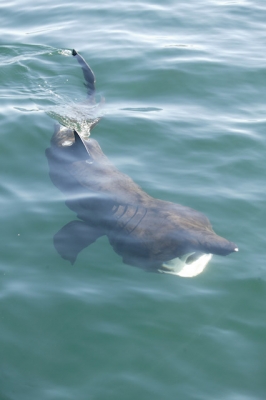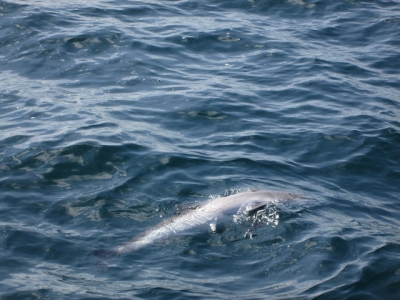 The Cornwall Marine and Coastal Code Group are tackling the issue of marine and coastal wildlife disturbance county-wide, and are calling on the public to help us monitor and manage this important issue.
The Cornwall Marine and Coastal Code Group are tackling the issue of marine and coastal wildlife disturbance county-wide, and are calling on the public to help us monitor and manage this important issue.
This winter seems never ending. Rain and high winds have been forecasted once again for this weekend, and rather than do our weekend trip to the beach we think about huddling away by fires and cooking roast dinners with friends and families.
 However it won’t last forever – this is not Game of Thrones! And soon the sun will shine, the temperatures will increase, and we will all start to go back outside to enjoy our coast and countryside, not just the hardy few.
However it won’t last forever – this is not Game of Thrones! And soon the sun will shine, the temperatures will increase, and we will all start to go back outside to enjoy our coast and countryside, not just the hardy few.
Cornwall has one of the best coastal and marine environments in the whole of the UK, supporting a wealth of life from rare nesting sea birds to internationally rare basking sharks. As a result, millions of people are drawn here to experience its beauty and enjoy the wildlife that exists there. This includes water users, from recreation boat owners to kayakers, coasteerers and surfers.
People getting out into the marine environment and appreciating its beauty and importance is a very good thing – if people are engaged in something they will appreciate it and wish to protect it. But as a result of its popularity, there has been an increase in the recreational use of our coast and seas causing a significant increase in pressure on marine and coastal wildlife. Harassment and accidental disturbance can cause distress to wildlife and make the animals involved change their natural behaviour. In the worst case it can lead to serious injuries, amputations and even death.
 Dead Bottlenose Dolphin in Padstow Bay, hit by tourist boat
Dead Bottlenose Dolphin in Padstow Bay, hit by tourist boat
To tackle this important issue the Cornwall Marine and Coastal Code Group, formed in 2011, are working together and have developed a toolkit to raise awareness of the issue, enable us all to help our marine life, provide evidence-driven decision making, target our resources, and maximise the benefit to our marine life.
We have produced leaflets and information cards for distribution at key coastal areas.
We have developed a Marine Disturbance Hotline which can be called 24 hours a day, 7 days a week, on 0345 2012626. We want members of the public to report any instance of disturbance they see, with video or photographs if at all possible and safe.
We have produced our full Codes of Conduct Guidelines to explain the issues, how you can help, and the best way to watch marine wildlife in a safe and responsible manner whether by the sea, on the sea or in the sea.
We recommend that all boat owners become accredited through the WiSe (Wildlife Safe) scheme. WiSe provides training and accreditation for operators of registered passenger and charter vessels who wish to view marine wildlife. For more information visit http://www.wisescheme.org.uk.
We are calling on readers of this blog to get engaged and spread the word, as together we can make a difference. For more information on any of the above, please visit the website www.cornwallmarinelifecode.org.uk or email abby.crosby@cornwallwildlifetrust.org.uk
Published: Feb 2016
Author: Abigail Crosby, (Marine Conservation Officer, Cornwall Wildlife Trust)
